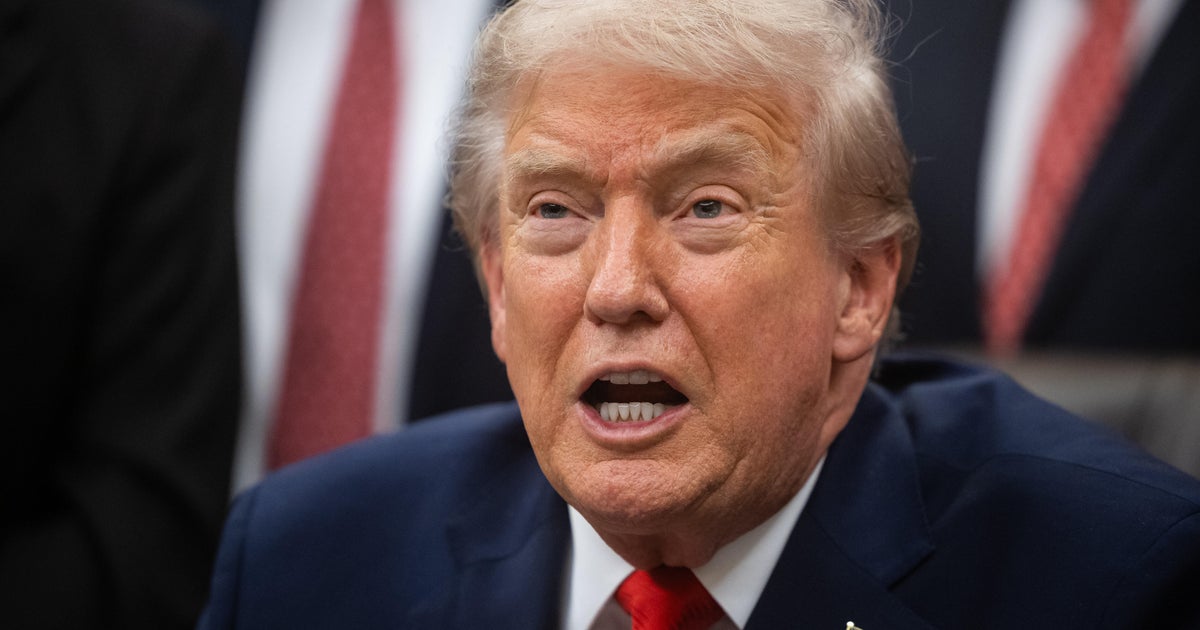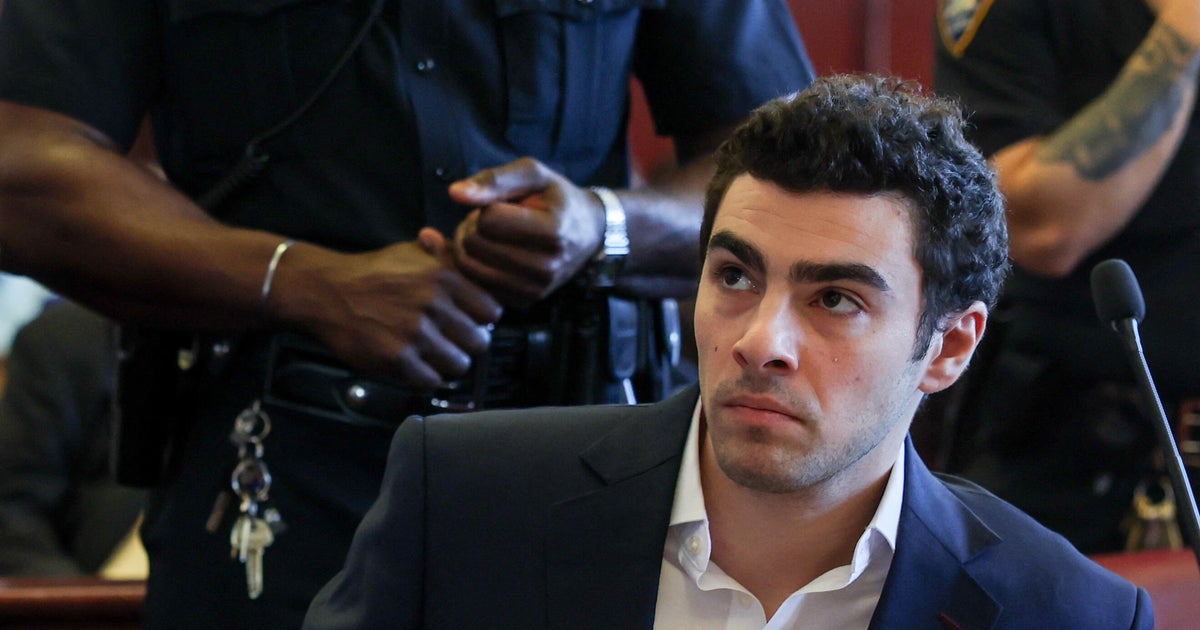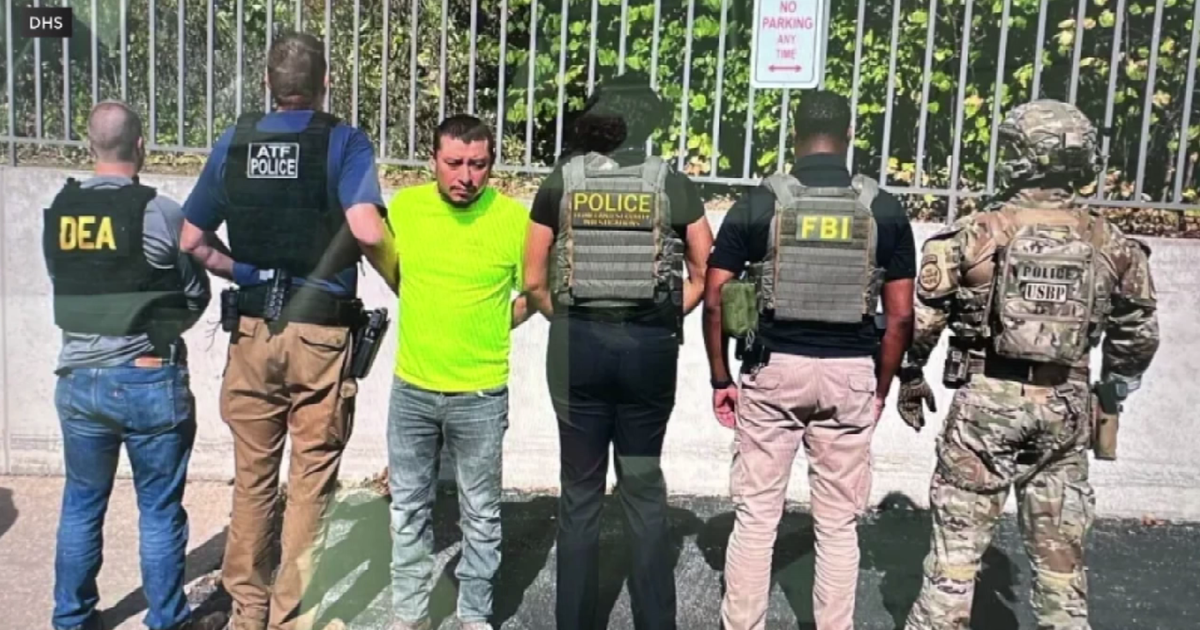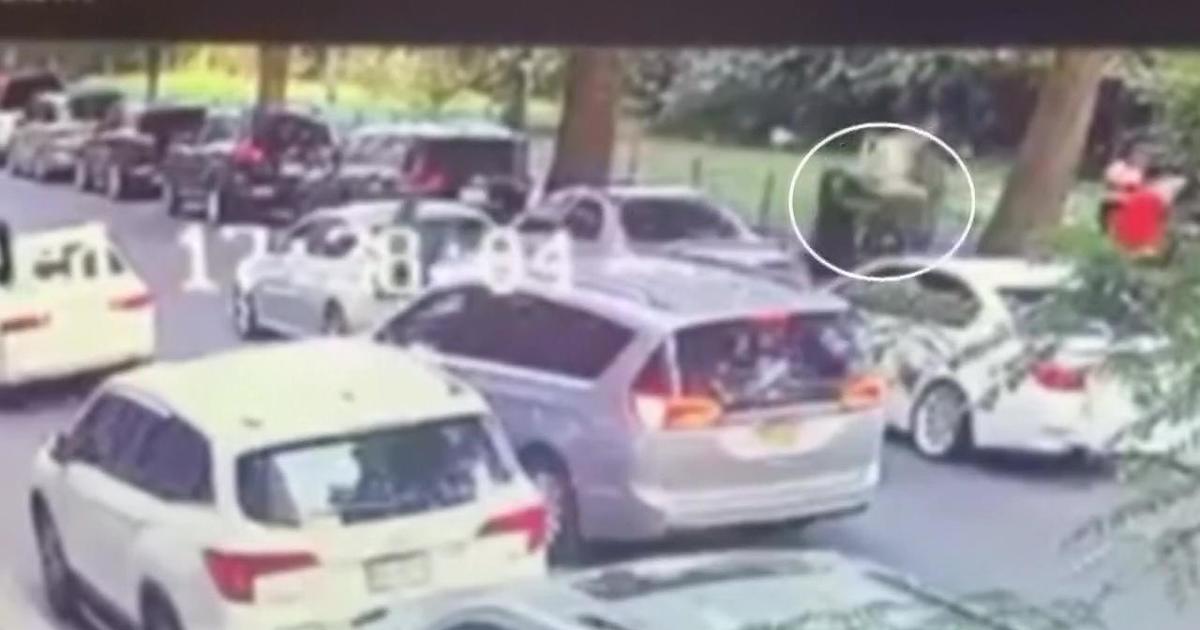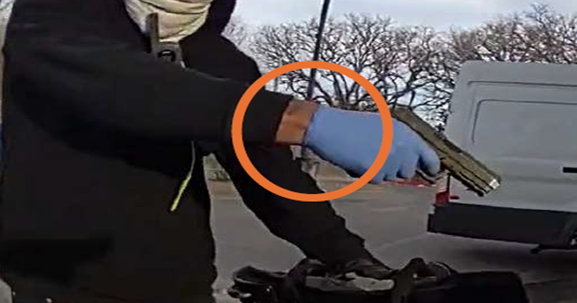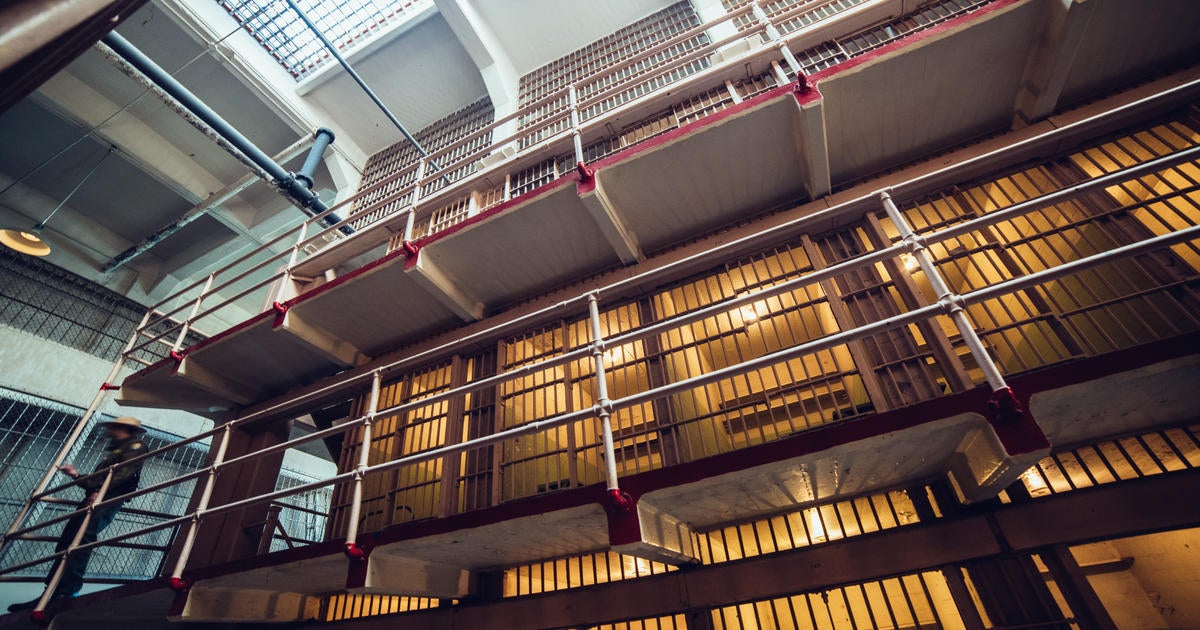Opening Statements Set In Texas Bomb Plot Trial
AMARILLO (AP) – Federal prosecutors in the trial of a Saudi man accused of gathering bomb components with the goal of targeting sites across the United States will begin presenting evidence Friday.
Khalid Ali-M Aldawsari, 22, faces up to life in prison and a $250,000 fine if convicted of attempted use of a weapon of mass destruction. Targets he allegedly researched included the Dallas home of former President George W. Bush, dams and nuclear plants.
Aldawsari, a former Texas Tech University chemical engineering student who has pleaded not guilty, will watch as prosecutors begin to present as many as 34 witnesses and 429 exhibits to try to prove their case to a jury in federal court in Amarillo, where the trial was moved for reasons not made public. A jury of eight women and six men was selected Thursday; the panel includes two alternates.
Court records show Aldawsari's attorneys plan to use an insanity defense.
Federal agents secretly searched Aldawsari's apartment in Lubbock, Texas, twice in February 2011 and say they found almost everything needed to build a bomb, including chemicals, beakers, flasks, wiring, a hazmat suit and clocks, which he had bought online in the previous months.
Authorities say they were tipped to Aldawsari's online purchases by chemical company Carolina Biological Supply of Burlington, N.C., and shipping company Con-way Freight on Feb. 1, 2011. The chemical company reported a $435 suspicious purchase to the FBI, while the shipping company notified Lubbock police and the FBI because it appeared the order wasn't intended for commercial use.
Court records show that Aldawsari had successfully ordered 30 liters of nitric acid and three gallons of concentrated sulfuric acid in December 2010.
Aldawsari also kept a handwritten journal, in Arabic, in which he said he had been planning a terror attack in the U.S. for years, even before he came to the country on a scholarship, and that it was "time for jihad," or holy war, according to court documents. He bemoaned the plight of Muslims and said he was influenced by Osama bin Laden's speeches.
U.S. District Judge Donald E. Walter ruled last week that prosecutors can use footage from videos found on Aldawsari's computer, including one in which Ayman al-Zawahri, al-Qaida's current leader, praises as martyrs two unspecified individuals killed by "American Crusaders." Two instructional videos that he also allowed show how to prepare the explosive picric acid and how to use a cellphone as a remote detonator.
TNP, the chemical explosive Aldawsari was suspected of trying to make, has about the same destructive power as TNT. FBI bomb experts said the amounts in the Aldawsari case would have yielded almost 15 pounds of explosive -- about the same amount used per bomb in the London subway attacks that killed scores of people in July 2005.
Aldawsari came to the U.S. in October 2008 from Riyadh, Saudi Arabia, to study chemical engineering at Texas Tech. He transferred in early 2011 to nearby South Plains College, where he was studying business. A Saudi industrial company, which was not identified in court documents, was paying his tuition and living expenses.
During jury selection Thursday, Aldawsari's attorney, Dan Cogdell, asked potential panelists if they would have any issue with Aldawsari's Muslim faith or Saudi citizenship. Cogdell also asked if they would "think kind of hard about" sitting next to a Saudi citizen on an airplane.
Aldawsari sat next to his attorneys wearing a dark blue suit jacket and silver tie, and sporting hair that was shorter than during his previous court appearances.
(Copyright 2012 by The Associated Press. All Rights Reserved.)

